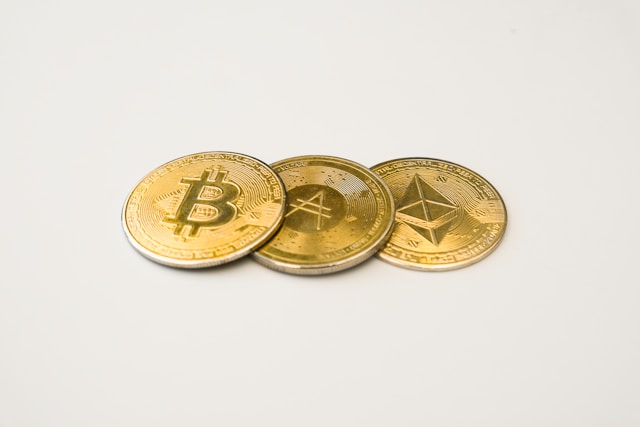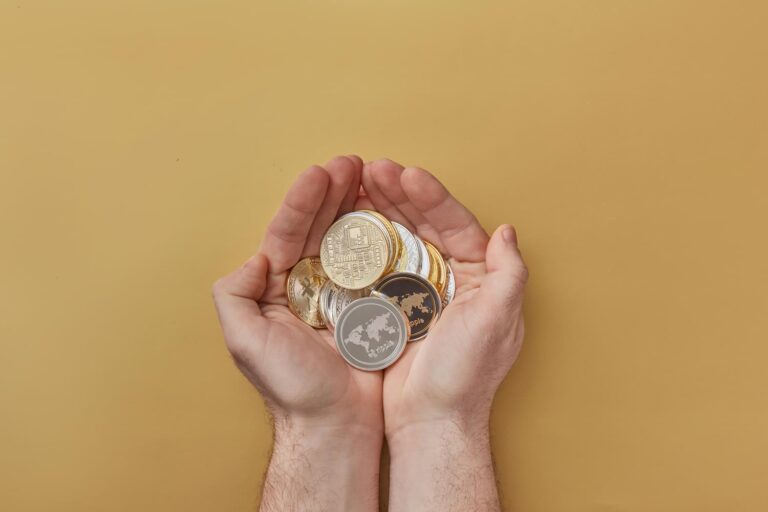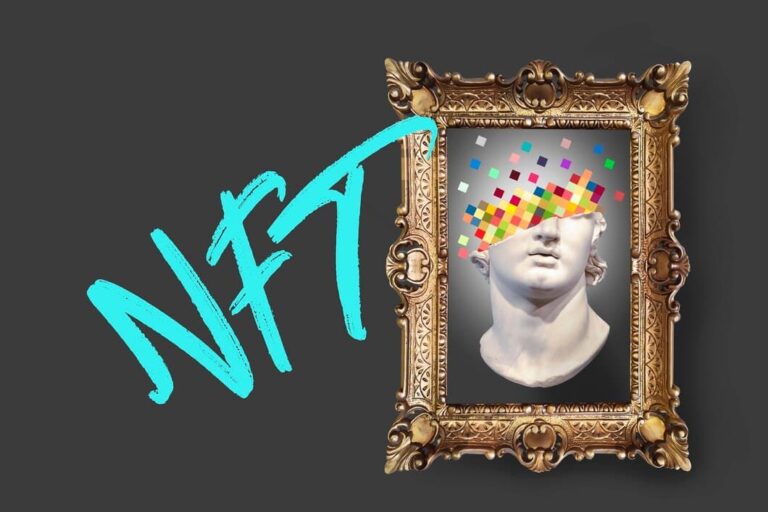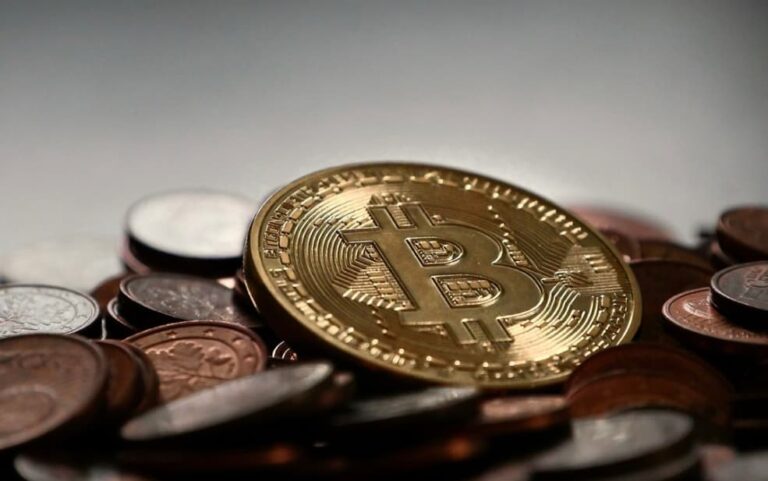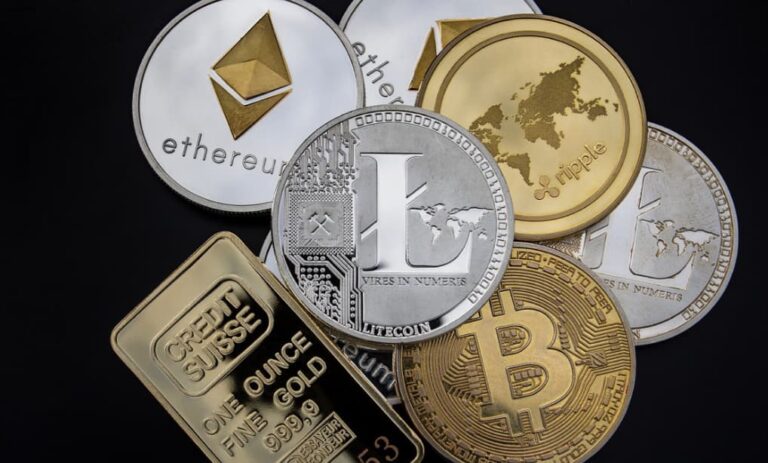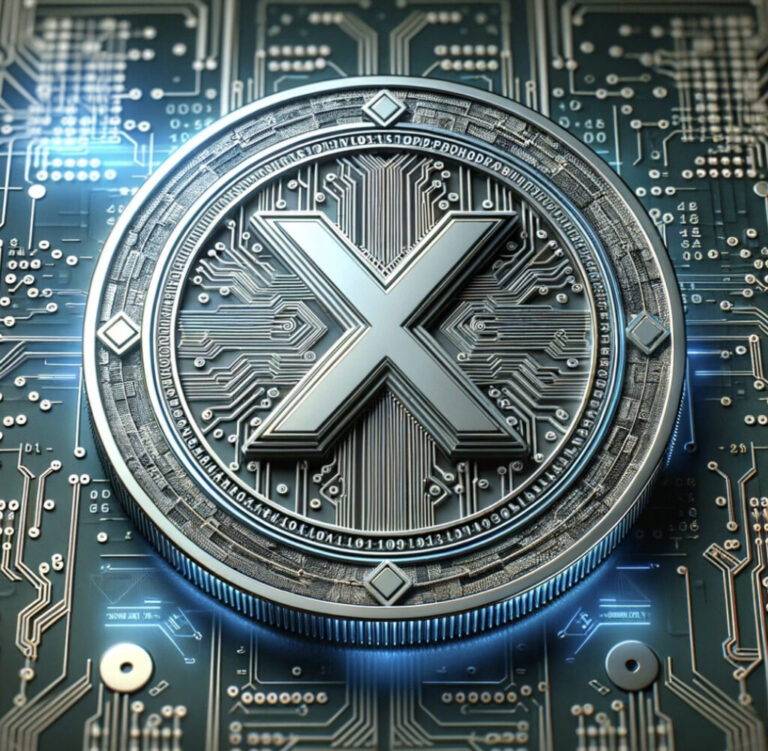Australian online casinos with PayID pokies are new solutions to improve efficiency and security in the online gambling industry, which is experiencing significant advances in payment processing. One of the groundbreaking innovations is the integration of PayID into decentralized exchanges, providing a seamless, secure, and swift payment mechanism. This article delves into how casinos with PayID are redefining payment systems within decentralized platforms, enhancing user experience, and paving the way for a more inclusive financial ecosystem.
The Evolution of Payment Systems in Decentralized Exchanges
Decentralized exchanges (DEXs) are an integral part of the cryptocurrency world, offering a platform for the peer-to-peer trading of digital assets without the need for a central authority. This model greatly enhances privacy and security but comes with its own set of challenges, particularly in the realm of payment processing. Traditionally, these platforms require users to navigate complex wallet addresses and manage multiple keys, which can be daunting for new and experienced users alike.
Enter PayID: Simplifying Crypto Payments
PayID emerges as a solution to these challenges by streamlining the way payments are made on DEXs. It replaces the traditional, cumbersome wallet addresses with simple, memorable identifiers linked to the user’s account. This system facilitates easy and error-free transactions, which are essential in the high-stakes environment of online casinos.
Benefits of PayID in the Casino Environment
Integrating PayID into the casino’s payment system transforms the user experience by simplifying deposits and withdrawals. It minimizes the chance of errors during transactions—a common issue in traditional blockchain transactions where a misplaced digit can lead to lost funds. Additionally, PayID enhances privacy and security by limiting the exposure of wallet details, making it harder for malicious parties to access sensitive information.
A casino with PayID not only improves the operational aspects of payment processing but also addresses the scale of transactions. In a sector where speed and reliability are crucial, PayID facilitates instantaneous transactions without the lag associated with blockchain confirmations. This is particularly advantageous in a live casino setting, where players expect quick fund transfers to reflect their gaming needs.
Integrating with Regulatory Frameworks
One of the key aspects of incorporating Pay ID to Australian online casinos on decentralized exchanges is compliance with regulatory standards. PayID can be integrated with tools that support KYC and AML compliance, ensuring that the casinos meet legal requirements while providing a seamless user experience. This is crucial in maintaining the legitimacy and trustworthiness of gaming platforms, especially in jurisdictions with strict regulatory demands.
Challenges and Future Prospects
While the integration of PayID presents numerous advantages, it also poses challenges, primarily relating to adoption and interoperability. For Pay ID to become a standard across DEXs and casinos, widespread adoption by these platforms and acceptance among users is necessary. Additionally, as PayID works across different currencies and blockchains, ensuring seamless integration and functionality across diverse systems remains a significant challenge.
Looking forward, the potential for PayID in decentralized casino environments is significant. As blockchain technology evolves and the demand for more sophisticated payment solutions grows, PayID could play a pivotal role in shaping the future of online gaming and financial transactions on decentralized platforms. Developers and stakeholders are optimistic about the scalability of PayID and its potential to support more complex transaction types, including multi-currency and cross-chain transfers.
The Future of Online Gambling with Blockchain and PayID
The trajectory of online gambling is set to ascend with the progressive integration of blockchain technology and a casino with PayID withdrawals. As these technologies continue to evolve and mature, the online casino landscape will witness unprecedented improvements in the speed, efficiency, and security of transactions. The incorporation of blockchain technology, renowned for its robust, tamper-resistant properties, provides a secure foundation that drastically reduces the risk of fraud and unauthorized data manipulation.
One of the most exciting prospects in this evolving digital framework is the potential for smart contracts. Smart contracts on the blockchain can revolutionize online gambling by automating critical operations such as payouts, bet settlements, and even the enforcement of gaming rules and procedures. This automation ensures that actions are executed only when predetermined conditions are met, thereby enhancing fairness and transparency. Moreover, the use of smart contracts could streamline compliance with stringent regulatory requirements, simplifying complex processes that traditionally involve manual intervention and extensive paperwork.
Furthermore, as blockchain and PayID technologies develop, they will likely introduce greater efficiencies in processing transactions. This means quicker validation and settlement times, which is crucial for enhancing user satisfaction by providing immediate feedback and gratification, a key component in the gaming industry. The seamless integration of PayID allows for user-friendly interactions, ensuring that both novice and experienced users can easily navigate through financial transactions without the steep learning curve often associated with new technologies.
During the digital evolution of the online gambling industry, a casino with PayID withdrawals emerges as a prominent leader in innovation. It stands out not merely as a payment processing tool but as a transformative force reshaping how payments are managed across online platforms. By combining PayID’s straightforward interface with the formidable security features of blockchain technology, the system addresses many of the longstanding challenges that have plagued online casinos. This includes issues such as delayed payment processing, security vulnerabilities to hacking attempts, and the complex web of global financial regulations.
The synergy between Casino PayID and blockchain taps into the core needs of modern online gamblers who demand not only quick and reliable gaming outcomes but also, and perhaps more importantly, a secure environment where they can place bets with peace of mind. This dual offering not only enhances the attractiveness of online casinos as secure entertainment hubs but also bolsters their credibility and reliability in the eyes of regulatory bodies and players alike.
The future of online gambling with the integration of a casino with PayID withdrawals and blockchain technology looks not only promising but also transformative. This combination is set to overhaul the traditional paradigms of the gambling industry, ushering in an era of automated, secure, and efficient online gambling experiences that align with the expectations of today’s digital consumer. By continuously addressing and overcoming the traditional hurdles of online gambling, Casino PayID and blockchain are poised to redefine the standards of the industry, setting a benchmark for innovation and customer satisfaction.
Conclusion
A casino with PayID withdrawals is setting a new standard in the integration of financial technology within the casino industry. By addressing the key pain points of payment processing in decentralized environments — speed, security, and simplicity — Pay ID is not just enhancing the gaming experience but is also fostering a more robust, efficient, and inclusive financial ecosystem. As this innovative payment system continues to evolve, it promises to redefine the boundaries of what is possible in the world of online gambling and decentralized financial transactions.


